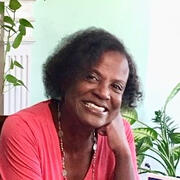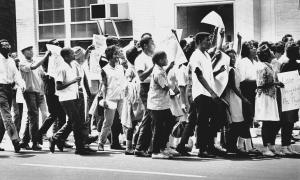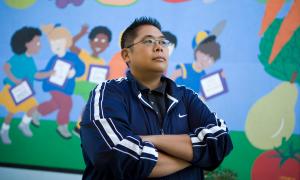article
Advice for First-Year Teachers
Educators are natural cheerleaders, fierce protectors, and they rally when needed. That’s why we turned to the Teaching Tolerance community of educators for advice to offer first-year teachers. More than 100 of you responded, rallying around all the newbies. The advice ranged from practical (get rest, get a flu shot, get organized) to pensive (trust your instincts, remember each student has dignity).


